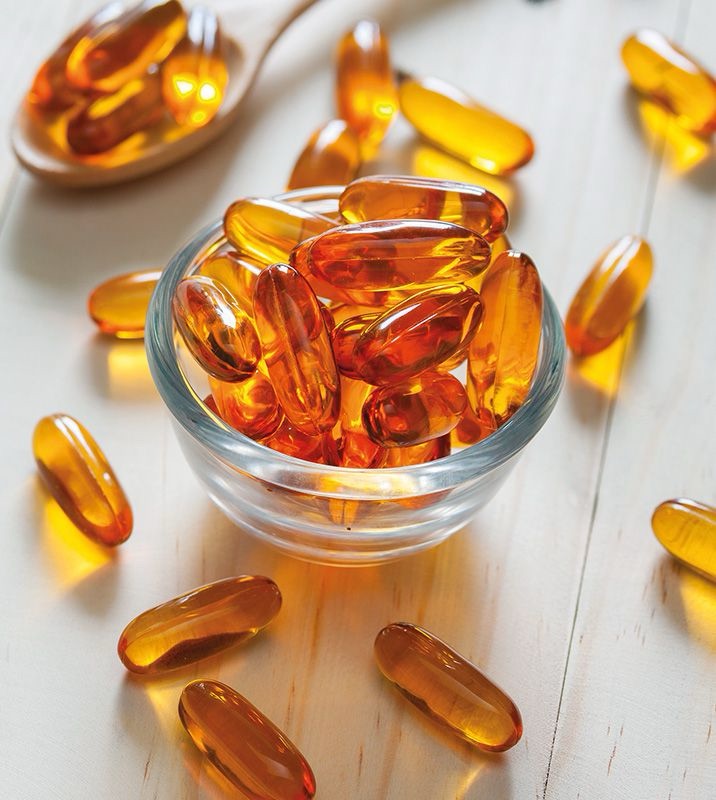By Branded / theedgemalaysia.com
21 Apr 2025, 12:00 am
As the world marks World Health Day, an often overlooked kitchen staple is proving essential in the global quest for better nutrition. Palm oil — derived from the fruit of the oil palm — is the most widely consumed vegetable oil on the planet, supplying over 30% of the world’s edible oils and fats.
This golden oil has long been a pillar of food security in Asia, Africa and beyond, thanks to its year-round productivity and high yield. Yet palm oil’s role in promoting health is often misunderstood. In conjunction with World Health Day’s focus on universal well-being, it is worth examining how this ubiquitous ingredient contributes to nourishing people worldwide.
The role of fats in a healthy diet
Nutritionists emphasise that dietary fat is not the enemy of health — in fact, it is indispensable. Fats serve as structural components of cell membranes, support brain development and function, insulate vital organs and aid in absorbing fat-soluble vitamins, namely A, D, E and K.
According to the World Health Organization, about 30% of our daily energy intake should come from fats (with no more than 10% from saturated fats) to maintain a balanced diet.
In other words, some fat is necessary for the body to function optimally. The key is consuming the right kinds of fats as a part of an optimum diet. Palm oil neatly fits into this paradigm of balance. Palm oil’s fatty acid profile is about evenly split between saturated and unsaturated fats.
Of palm oil’s fat content, about 40% is monounsaturated (omega-9 fatty acids, the same heart-friendly fat found in olive oil), 10% is polyunsaturated and roughly 50% is saturated, predominantly palmitic acid. Palmitic acid is also naturally present in breast milk, as well as in common foods such as meat and dairy products.
This roughly equal mix means palm oil is semi-solid at room temperature, giving it versatility and high heat stability for cooking without the need for hydrogenation. Crucially, being a naturally derived plant oil, it contains zero cholesterol.
And unlike partially hydrogenated oils, it contributes no trans-fat to the diet — a reason it became a popular replacement for industrial trans-fat when that was banned in foods.
![]()




